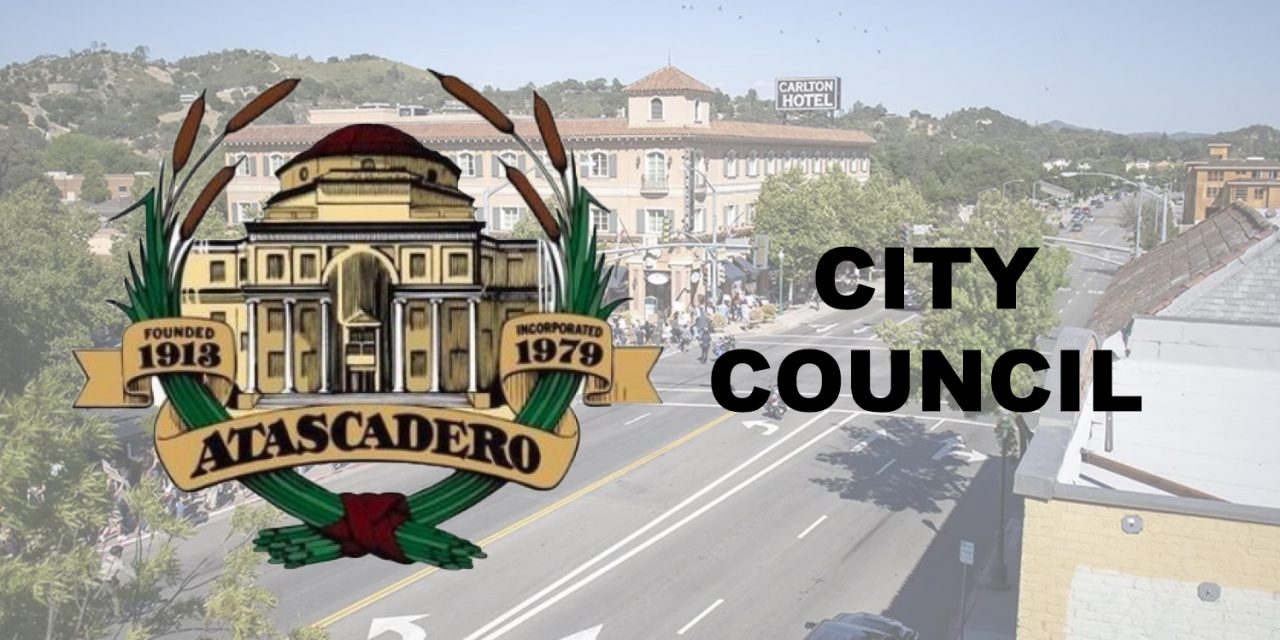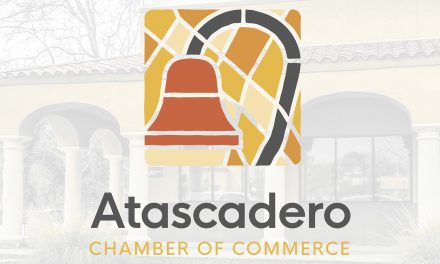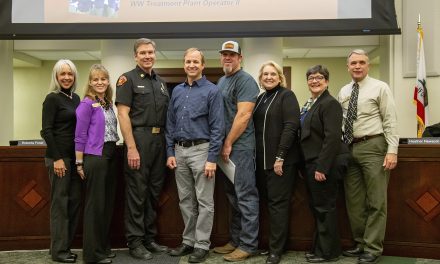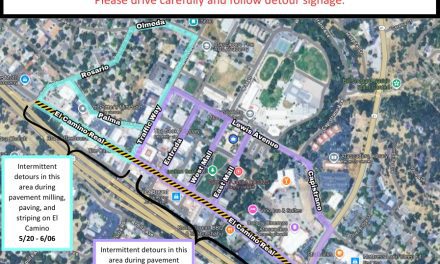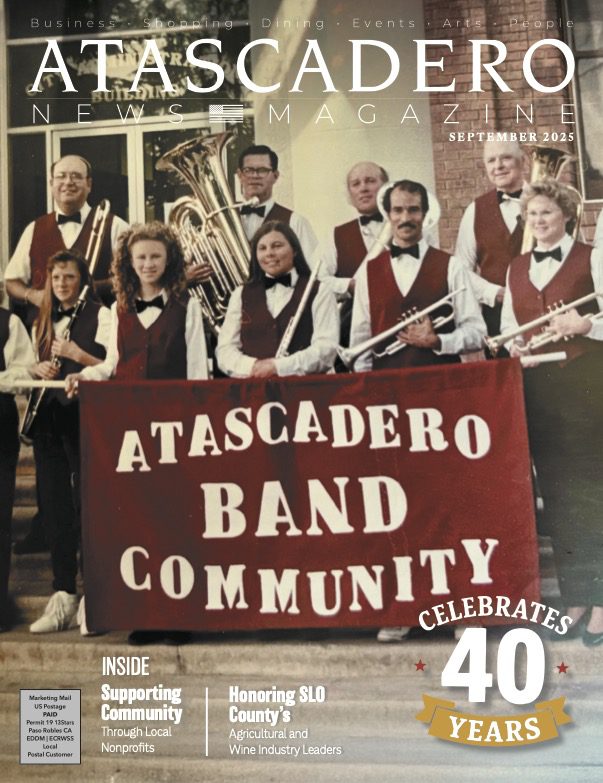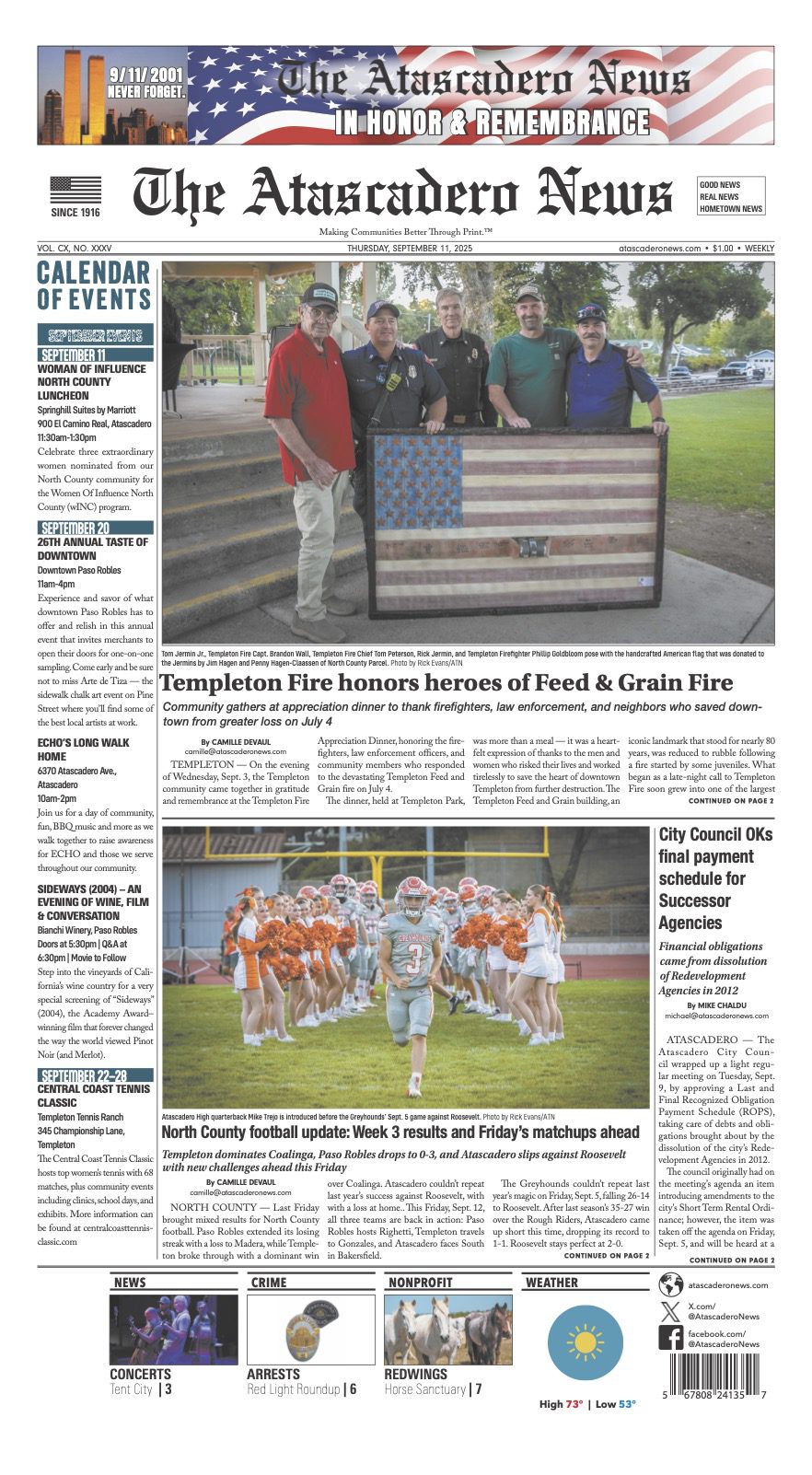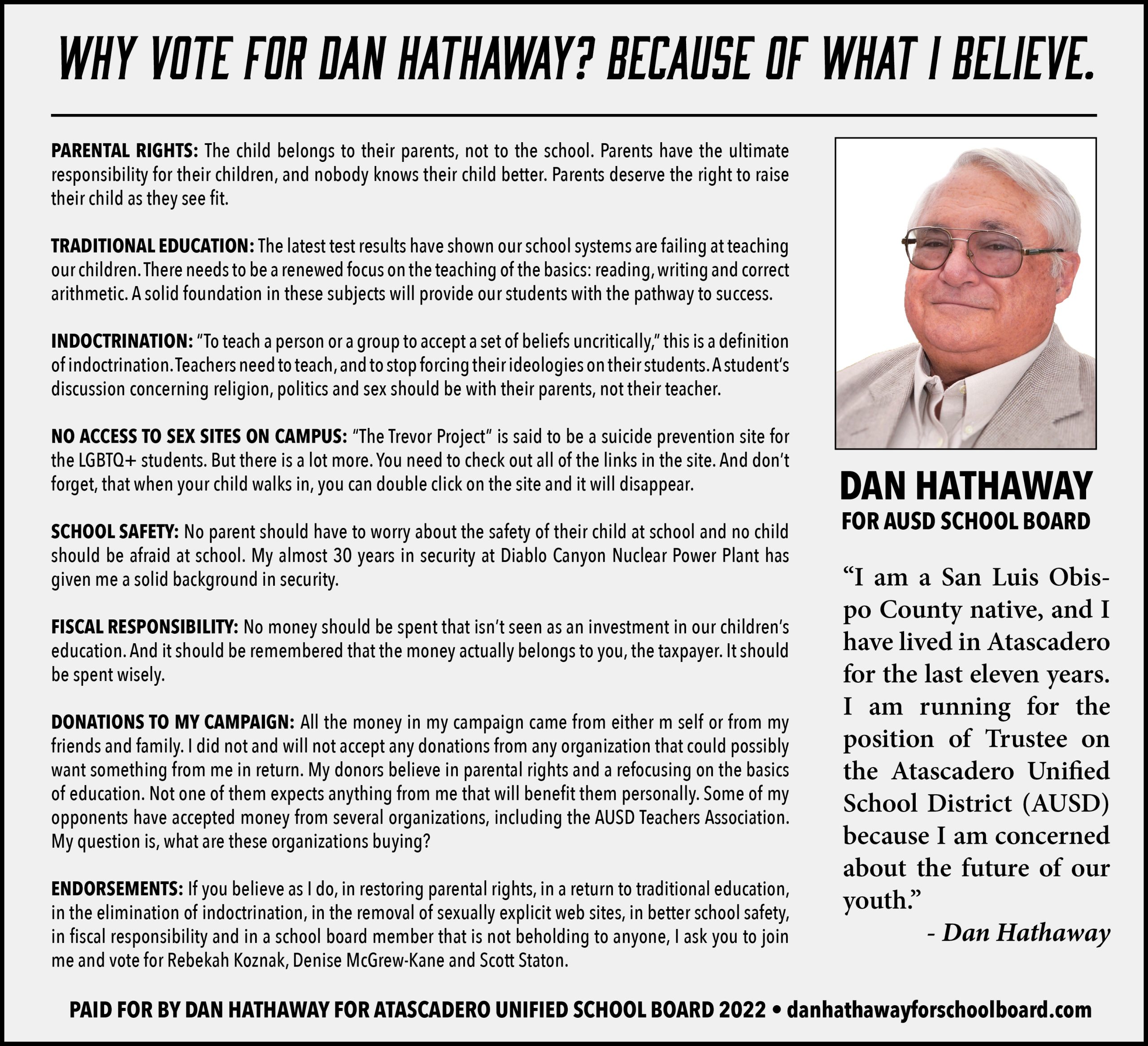Virtual/hybrid meetings to continue going forward
ATASCADERO — The Atascadero City Council met for their regularly scheduled meeting on Tuesday, May 24 at 6 p.m. The hybrid meeting was held in the City Council Chambers and was followed by the council’s closed session.
The agenda passed unanimously, and there was no reportable action from the closed session on May 10.
The Consent Calander, which included items on the Atascadero Tourism Business Improvement District, Traffic Way and Arbilla Avenue Pavement Rehabilitation, and the continuation of virtual/hybrid meetings, passed unanimously.
Community Development Director Phil Dunsmore presented the council with the only item of the night, a management report on Affordable/Inclusionary Housing Impact Fee Nexus Studies. Dunsmore was aided in his presentation by City Manager Richelle Rickard and EPS consultant Ashleigh Kanat.
“It’s not an easy topic, I must say, but it’s something we have been discussing for several years. It is part of our current housing element, and tonight we’re not going to be making any decisions, but the staff is going to be asking you for feedback and input on a wide variety of strategies after we go through some numbers,” said Dunsmore. “In general, we do have an allocation of housing that we’re expected to create every year. It’s called RHNA, and we do have housing element policies we’ve adopted that are in alignment with some of the state directives.”
Existing tools that the city already has and new tools that could be used to create more affordable and inclusionary housing were discussed at length.
The new tools presented were:
Tool #1: Affordability by design.
Tool #2: Waivers and Deferrals of Existing City Fees.
Tool #3: Modified the City’s Inclusionary Housing Policy.
Tool #4: Impact Fees.
Ashleigh Kanat presented the council with an overview of the Nexus studies.
“Phil alluded to this, but I want to reestablish that State law requires that if jurisdictions are going to adopt impact fees, there needs to be an accompanying Nexus study that describes and quantifies that logic, or the relationship between new development and the resulting fees. And in the case of affordable housing impact fees, the Nexus logic is based on calculating the impact of new market-rate housing on the need for affordable workforce housing,” said Kanat.
Two Nexus studies were included in the packets given to council members and available in the agenda, which can be found by visiting atascadero.org/index.php?option=com_content&view=article&id=784&Itemid=1107.
The Council then discussed the four tools presented to them to give city staff direction on what they’d like to see in the future. Including changes to the Impact Fee options that would not include cliffs in building fees.
“We will come back with some different options. Not as many as you had tonight, much more narrow. I definitely heard a blend of options three and four, no cliff, a tier of some sort, so bigger units get charged on the bigger you do it, and that you’d like to keep toward that $800,000 for now,” Rickard clarified.
“I want to thank you, staff. Phil and your team, Ashleigh, and the City Manager. There is a lot of work that goes into this, and we appreciate you,” said Mayor Heather Moreno.
The next Atascadero City Council meeting will be held on Tuesday, June 14, at 6 p.m.

